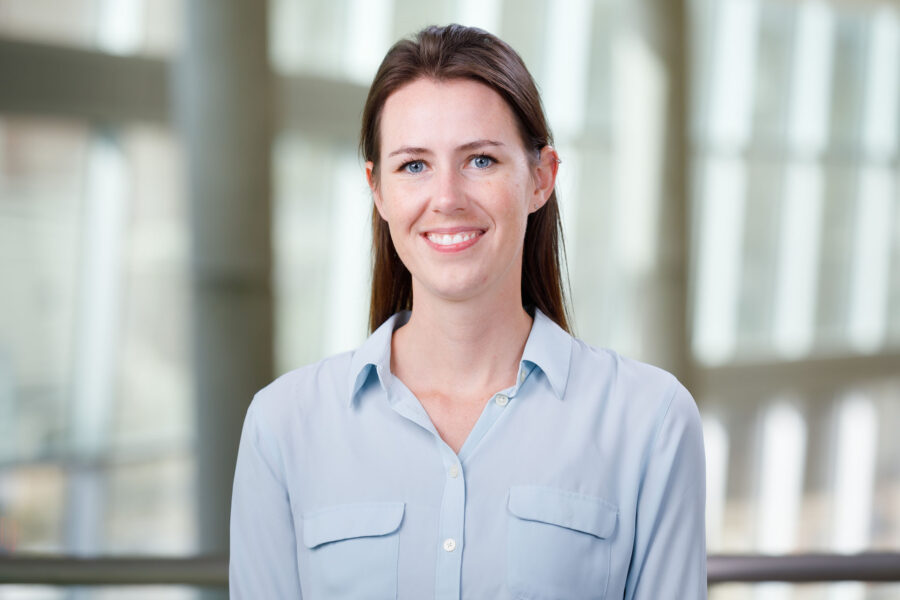A contingency from the UNMC Global Center for Health Security visited Tokyo, Japan, and its National Center for Global Health and Medicine earlier this summer to strengthen collaboration between NCGM and the National Emerging Special Pathogens Training and Education Center.
The trip was a follow up to a visit from the NCGM last October to UNMC and the Global Center for Health Security. At the time, a Japanese delegate called UNMC and NETEC the organization’s role model.
Following last year’s visit by the Japanese delegation, NCGM signed a memorandum of understanding with UNMC that involves collaborating on education, training and research.
The NETEC leadership on the June 19-20 visit were:
- Jocelyn Herstein PhD, assistant professor in the UNMC College of Public Health and NETEC director of international partnerships and programs;
- Angie Vasa, director of isolation and quarantine for special pathogens at Nebraska Medicine and NETEC director of readiness consultations and metrics;
- Sharon Vanairsdale Carrasco, NETEC’s director of training and education and faculty at Emory University;
- Abbey Lowe, PhD, assistant professor in the UNMC College of Allied Health Professions and chair of NETEC’s human research protections workgroup for the special pathogens research network; and
- Stephanie Zechmann, operational readiness consultation coordinator with NETEC.
Dr. Herstein said the trip served as collaboration-setting meetings between the Japanese organization and NETEC. It also provided an opportunity, she said, for NETEC faculty to learn more about Japan’s NCGM and its system for special pathogens preparedness, readiness and response.
“There’s much to learn from each other’s approaches and best practices that can improve our individual systems,” Dr. Herstein said.
Japan and the U.S. are developing similar national systems for special pathogens readiness, Dr. Herstein said, which include multiple biocontainment units, different tiers of health care facilities with different infectious diseases capabilities and a coordinating body that manages national readiness for special pathogens and supports clinical research. In 2025, NCGM will merge with Japan’s National Institute of Infectious Diseases to form a new organization, said to be the Japanese version of the U.S. Centers for Disease Control and Prevention.
John-Martin Lowe, PhD, director of the Global Center for Health Security and the UNMC co-primary investigator for NETEC, said NCGM is an important partner.
“The Japan National Center for Global Health and Medicine is a key partner for NETEC and GCHS. We are pleased to assist NCGM in building health security capacity for Japan,” Dr. Lowe said. “We will certainly learn a great deal from NCGM and build linkages for managing the next global emergency. The Japan NCGM is an important global partner with a similar mission to wield science for managing health emergencies.”
Presentations included an overview of the National Center for Global Health and Medicine role during the COVID-19 pandemic, training requirements and assessment strategies, criteria for and coordination of Japanese biocontainment units and clinical research, Dr. Herstein said. The NCGM biocontainment unit team also conducted two drills – an intra-facility transport and a spill clean-up – to demonstrate their processes and garner feedback from the NETEC team, she said.
Said Dr. Herstein, “We look forward to continuing our partnership with NCGM through NETEC’s international partnership and program activities and through their partnership with UNMC and Nebraska Medicine.”
